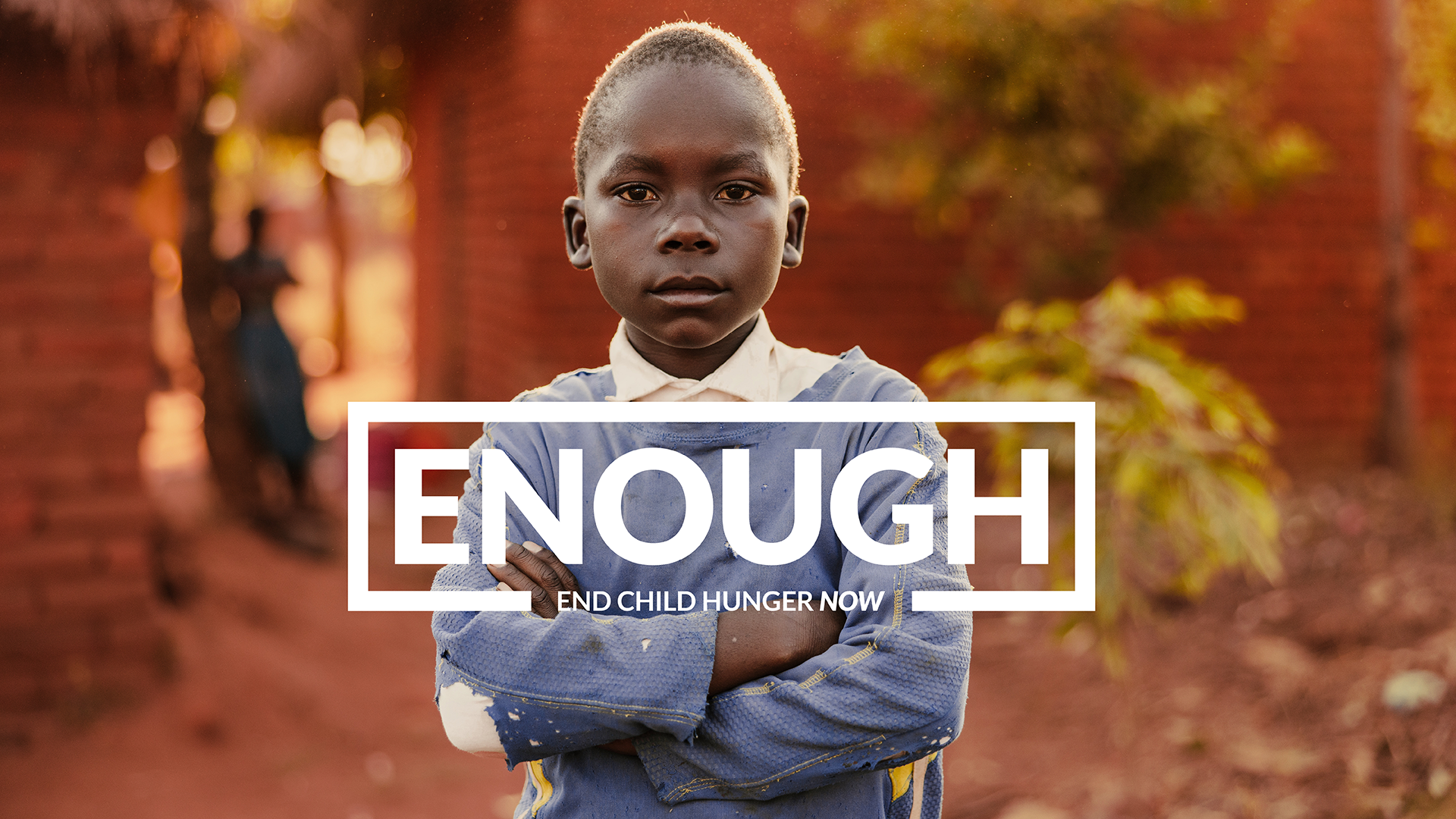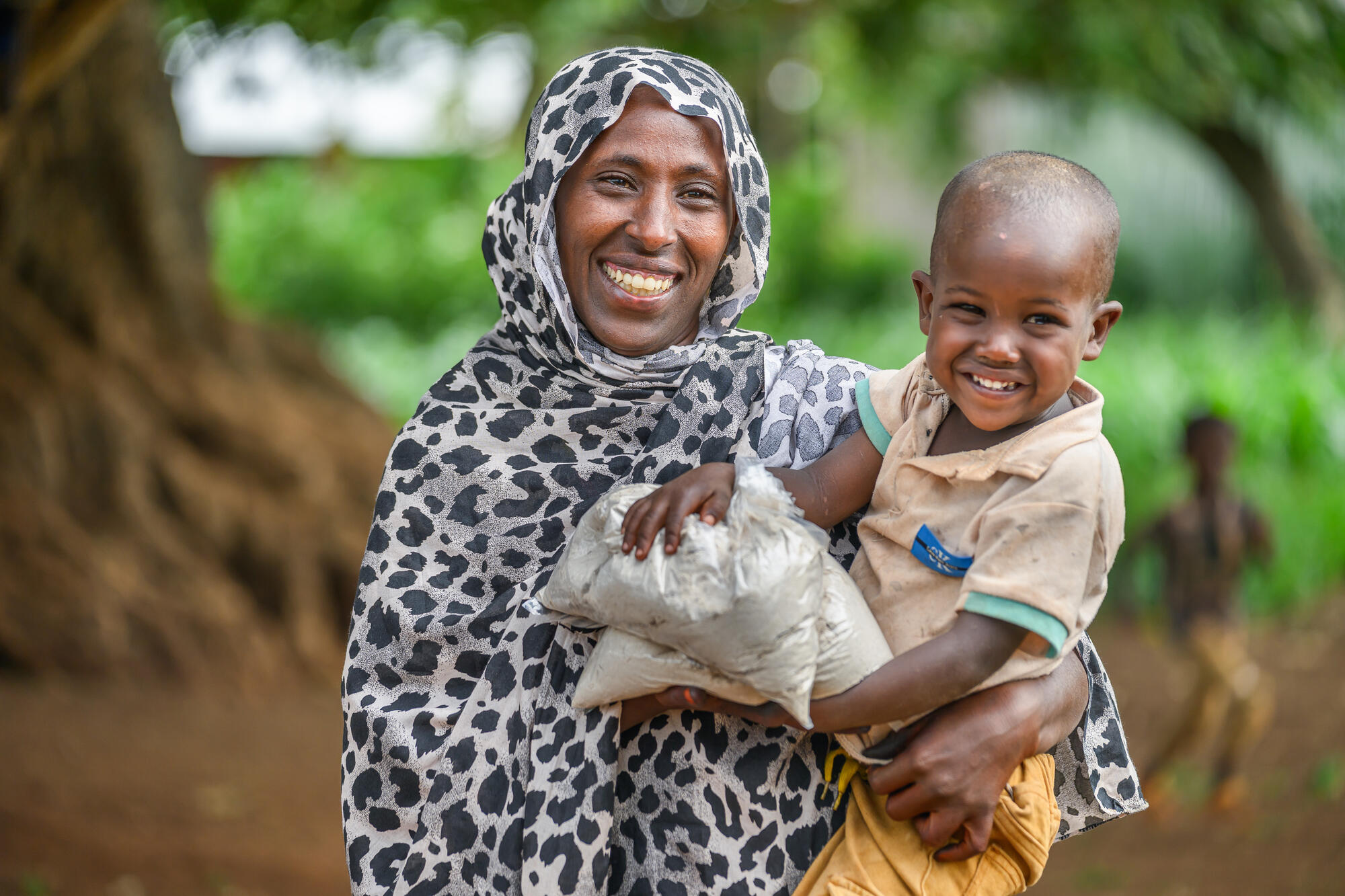“Fuelling children’s potential”
World Vision amplifies children’s calls for school meals, and yet only half the world’s primary school-age children have access
18 September 2025 –International children’s charity World Vision has published a new child-led research report, ‘School meals in our words: Choosing our future’, demonstrating the positive ripple effect meals at school are having on children’s lives across the globe.
The report comes at a time when the World Food Programme has warned that despite a significant increase in government-led school meals programmes, it is estimated that half of primary school-aged children remain unreached globally. It also comes during a week when world leaders are gathering at the 2nd Global Summit of the School Meals Coalition in Brazil – where the UK Government is notably absent.
World Vision spoke to 1,235 children across 13 countries about school meals to hear their voices on decisions affecting their futures.
The report found that children worldwide consider school meals an important investment, having directly seen how they can impact their lives. Among the benefits highlighted by children, many praised the energy to support their learning, that they are the reason they come to school and stay in education but many also pointed out that food was repetitive, too little, or prepared unhygienically. For many that don’t have access to school meals speak of hunger, fatigue, and dropout.
At the 2nd Annual School Meals Coalition Summit is being held in Brazil, World Vision UK is calling for the UK Government to step up and join the growing global movement to prioritise school meals as a pivotal tool in tackling global health, education and opportunity for children. The UK is yet to join the coalition.
“The School Meals Coalition is a vital collaboration to push for millions to receive school meals around the world,” said Joanna Casson, Policy Manager at World Vision UK. “School meals can provide a powerful lifeline and we along with the rest of the coalition are working together to ensure that every child receives a healthy, nutritious, locally sourced school meal every school day by 2030."
“By offering nutritious school meals every day, schools become more than places of learning. They become spaces of support, stability, and hope. When food is guaranteed, children come back, they stay, they learn, and they grow,” commented Mara, World Vision UK Youth Advocate.
World Vision is committed to prioritising the provision of school meals through its Child Sponsorship programmes and through partnership with WFP and the School Meals Coalition. School feeding programmes, nutrition and health education, and the establishment of kitchen gardens in drought-ridden areas are just some of the World Vision projects helping children through practical measures. In 2024, nearly 1 million children were provided with school meals through World Vision projects, 70% were in humanitarian settings linked to either a complex emergency or a natural hazard.
“Nutrition in school meals is not just about feeding children; it’s about fuelling their potential, improving cognitive development, and ensuring they have the energy to learn and grow,” added Williams, World Vision UK Youth Advocacy Network member.
NOTES
The newly released State of School Feeding Worldwide 2024 Report, by World Food Programme (WFP) shows that 466 million children are now receiving school meals through government-led programmes, an increase of 80 million since 2020. However, an estimated half of the primary school-aged children remains unreached, with coverage in low-income countries standing at just 27%, compared to 80% in high-income countries.
Hosted under the high patronage of the President of Brazil, H.E. Luiz Inácio Lula da Silva, the 2nd School Meals Coalition Global Summit in Fortaleza, Brazil (18-19 September) brings together leaders from member states, regional bodies, and partners such as UN organisations, international financial institutions and philanthropies, NGOs, research organisations, as well as parliamentarians, representatives of cities and municipalities, indigenous leaders, youth and food systems coalitions. The UK Government is yet to join the coalition.
“School meals are a powerful tool for building resilience across multiple dimensions. They support children’s learning, create local employment, offer safe spaces for vulnerable children, and ease the financial pressure on families facing poverty,” says Amanda Rives, Senior Director for Humanitarian Policy, Advocacy, and Partnerships at World Vision International.
For more information, case studies, assets, and interviews, please contact Sam Bishop: sam.bishop@worldvision.org.uk
Spokespeople available for interviews.



